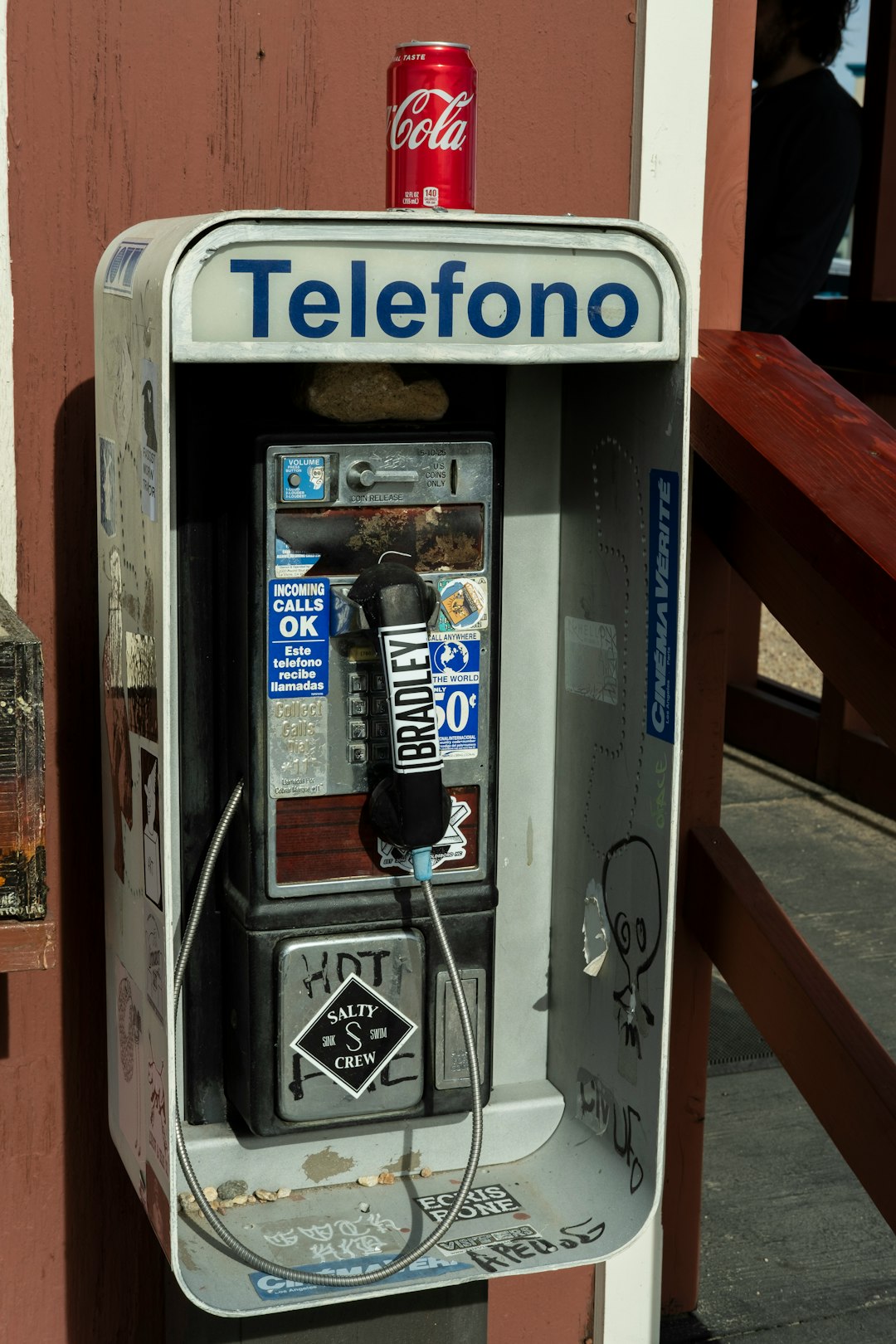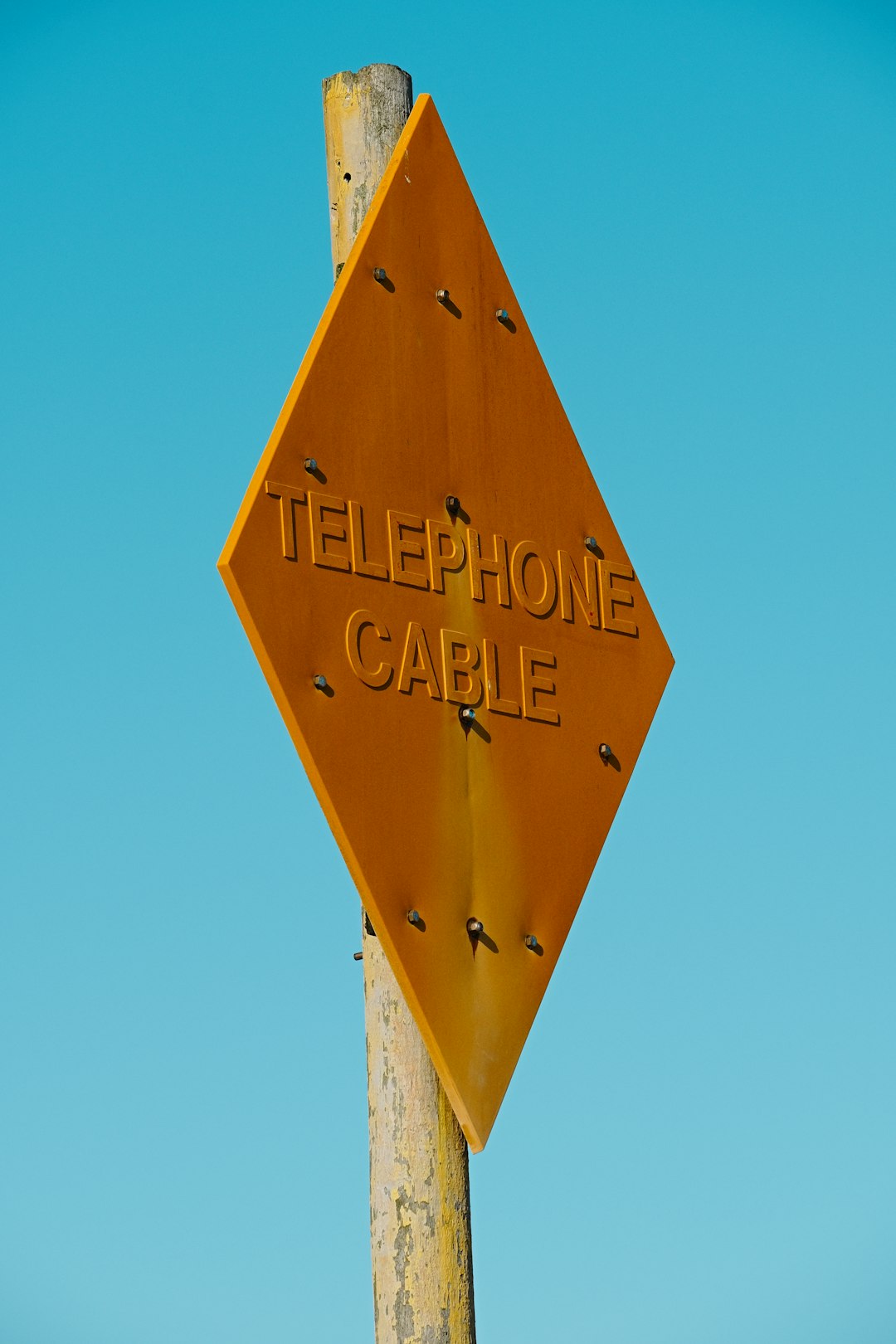In Colorado, state laws and federal regulations like the TCPA protect consumers from spam text messages and safeguard privacy. A Spam Text Attorney Colorado is crucial for understanding these laws, enabling proactive measures such as blocking and reporting unwanted texts. Identifying and reporting suspicious texts from unknown numbers or those lacking legitimate purpose is vital to prevent potential fraud. Engaging legal counsel can assist in navigating cease-and-desist letters, filing complaints, and pursuing action against unsolicited text messages (spam).
In today’s digital age, staying safe from spam text campaigns is paramount. Colorado has specific laws in place to protect consumers from unwanted text messages. This comprehensive guide equips you with essential knowledge on identifying and reporting spam texts, empowering you to take legal action with the help of a dedicated Spam Text Attorney Colorado. By understanding your rights and available resources, you can navigate these challenges effectively.
Understanding Spam Text Laws in Colorado

In Colorado, the fight against spam text messages is governed by state laws designed to protect consumers from unwanted and fraudulent communications. Understanding these regulations is crucial for anyone looking to safeguard their personal information and privacy. A Spam Text Attorney in Colorado can be an invaluable resource in navigating these legalities.
The Telephone Consumer Protection Act (TCPA) sets the national standard, but Colorado has its own specific rules. These laws dictate how businesses and individuals can send text messages, with strict penalties for violators. Knowledge of these regulations is empowering; it allows you to take proactive measures against spammy texts, enabling you to block, report, or even sue if necessary. By familiarizing yourself with the legal framework, you’re better equipped to protect yourself from potential spam text campaigns.
Identifying and Reporting Spam Texts

In Colorado, identifying and reporting spam texts is a crucial step in protecting yourself from unwanted and potentially malicious messages. Look out for suspicious texts that seem to have no legitimate purpose or are from unknown numbers. These could be signs of spam. Check for common patterns like repeated offers, automated greetings, or requests for personal information.
If you receive such texts, don’t hesitate to report them. Many wireless carriers in Colorado offer ways to file complaints, and there’s also a federal law—the Telephone Consumer Protection Act (TCPA)—that allows you to report spam texts directly to the Federal Communications Commission (FCC). Engaging a Spam Text Attorney Colorado can also help in navigating legal options if the messages violate your rights or involve fraudulent activities.
Legal Recourses Against Spam Text Campaigns

If you’ve fallen victim to spam text campaigns in Colorado, knowing your legal rights and options is crucial. The first step is to document all interactions—save messages, note dates and times, and record any personal information shared. This evidence can be instrumental in identifying the source of the spam and strengthening your case.
Colorado has specific laws against unsolicited text messages, commonly known as spam. A Spam Text Attorney Colorado can help you navigate these legalities. They can assist with sending cease-and-desist letters, filing complaints with relevant authorities, and even pursuing legal action if necessary. Don’t hesitate to reach out for support; protecting yourself from unwanted text spam is a right, not a privilege.






